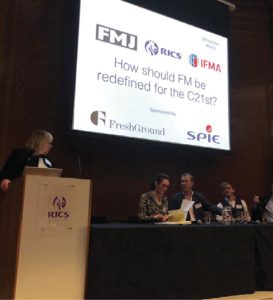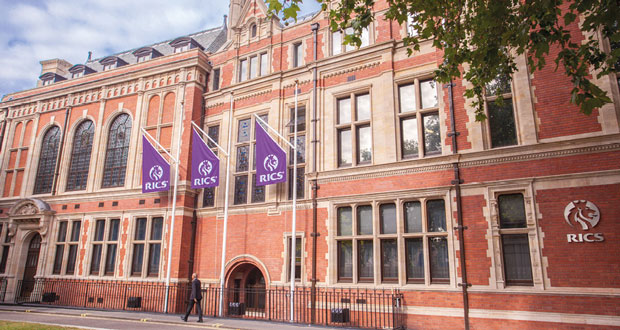MEMBERSHIP ENGAGEMENT
According to Murphy the biggest feedback they’ve had is regarding events, engagement and members coming together, whether they are social or more formal strategic conferences. A lack of interaction is due to a variety of issues, not least the huge impact of the pandemic. But alongside this, the number of professional boards had diminished prior to COVID and the stripping back of resources by the former CEO and the exec team in the early part of the pandemic took away much of the regional support.
Says Murphy: “A lot of the feedback is that people can’t develop and host local events as we don’t have people on the ground, which they feel cuts into the value as it’s a people industry and they want to get together to share experiences.”
The biggest frustration he says has been the inability to see fellow members, and the resources not being there to make this happen.
“This is why the main thing now is resourcing and rebuilding, within the right financial constraints. Rebuilding the resources around events and finding ways people can communicate in a meaningful way with each other. There’s a sense that the RICS was getting in the way of things happening, so this group is very much ‘how do we facilitate these events happening, how do we make sure we can all get together and how do we do that in the way that has the lightest touch?’”
To manage this fine balance, the MEEV has announced RICS will formally support a number of free local engagement events, leaving members to play the leading role in the selection of the topics being covered. RICS will play an ‘enablement’ role, helping the local members with organisation, logistics and promotion of the events.
“One of the things we’re trying to develop is more open conversations around what is feasible and what isn’t, given local membership numbers” says Murphy. “The challenge the RICS has, like many organisations is in cutting a lot of staff during the pandemic it now has to top that number up which is difficult to do in the current recruitment marketplace.”
Learning and Development is an area that goes straight to the value of being a member of the institution. This is why a new CPD Member Support Package has been launched that offers free CPD to members as part of their membership subscription. Murphy was particularly pleased with how quickly the RICS were able to deliver this change so that it was ready for the start of the 2022 membership period.
He explains: “When you go into the member value hub you can start your own CPD package to work across your number of required hours as part of your subscription. It’s a real recognition that you have to have something of value for your fees.”
 Another key area of concern for members was transparency, so the group has worked with RICS teams to produce a chart depicting how the revenues generated from fees are allocated across the Institution. They intend to update this information annually, adding further layers of detail as they go forward.
Another key area of concern for members was transparency, so the group has worked with RICS teams to produce a chart depicting how the revenues generated from fees are allocated across the Institution. They intend to update this information annually, adding further layers of detail as they go forward.
Explains Murphy: “Now we have the transparent break down of fees, which was road tested on the group. I’m proud of the fact we’ve got a break down of the fee. It may prompt debate on how resources are allocated but it’s there in black and white and over time we can listen to the membership to determine if the split is right. It’s a mature discussion.”
BROAD CHURCH
RICS has a huge influence and reach but one of the drawbacks, according to Bichard’s summary of responses is that members do not feel engaged or supported in their professional area of practice, and cite other professional bodies of which they are members they felt were better placed to provide specialist advice and support. A similar complaint runs through the regional membership with those based in the UK complaining the drive for global expansion had become too dominant, while some members based outside the UK felt RICS was too focused on the UK. The RICS says Murphy is well aware of this conundrum.
“One of the advantages of having the various regional board members is part of their role is to take a temperature from their boards on what they’re hearing from their members. We approach membership as a collective in this MEEV group, but clearly those various pathways would want the RICS to do more for them specifically, as do the various regions.
“I’d argue the broad church is the thing that makes RICS powerful, because we’re all operating in the building asset lifecycle. If you look at the global challenges, our environmental agenda or the D&I agenda they’re for everybody to contribute.
“Anyone who works within the built environment needs to understand these big issues. For instance, the IBOS standard which was published recently covers areas that we drive in FM and equally so, we’ve also published ‘Responsible Business in Real Estate’ which featured a lot of FM practitioners who helped pull it together.
“Over time the voice of the various pathways will have to be listened to in the same way the geographic conundrum is being consulted. Every member I’ve been in touch with has the intention of helping make RICS great again. No one’s looking back – we’re being positive about the future.”





